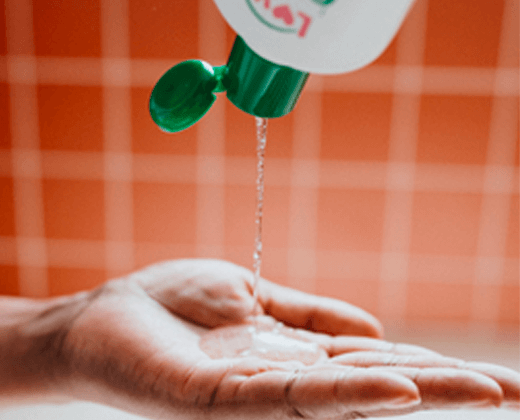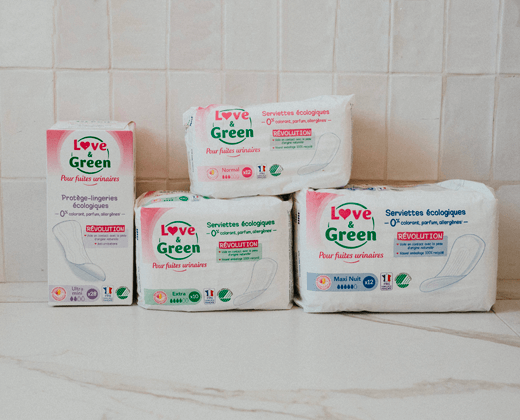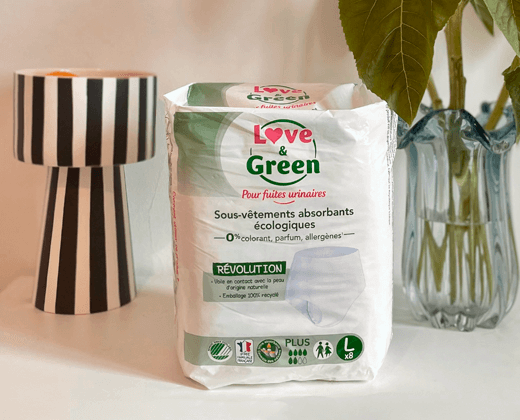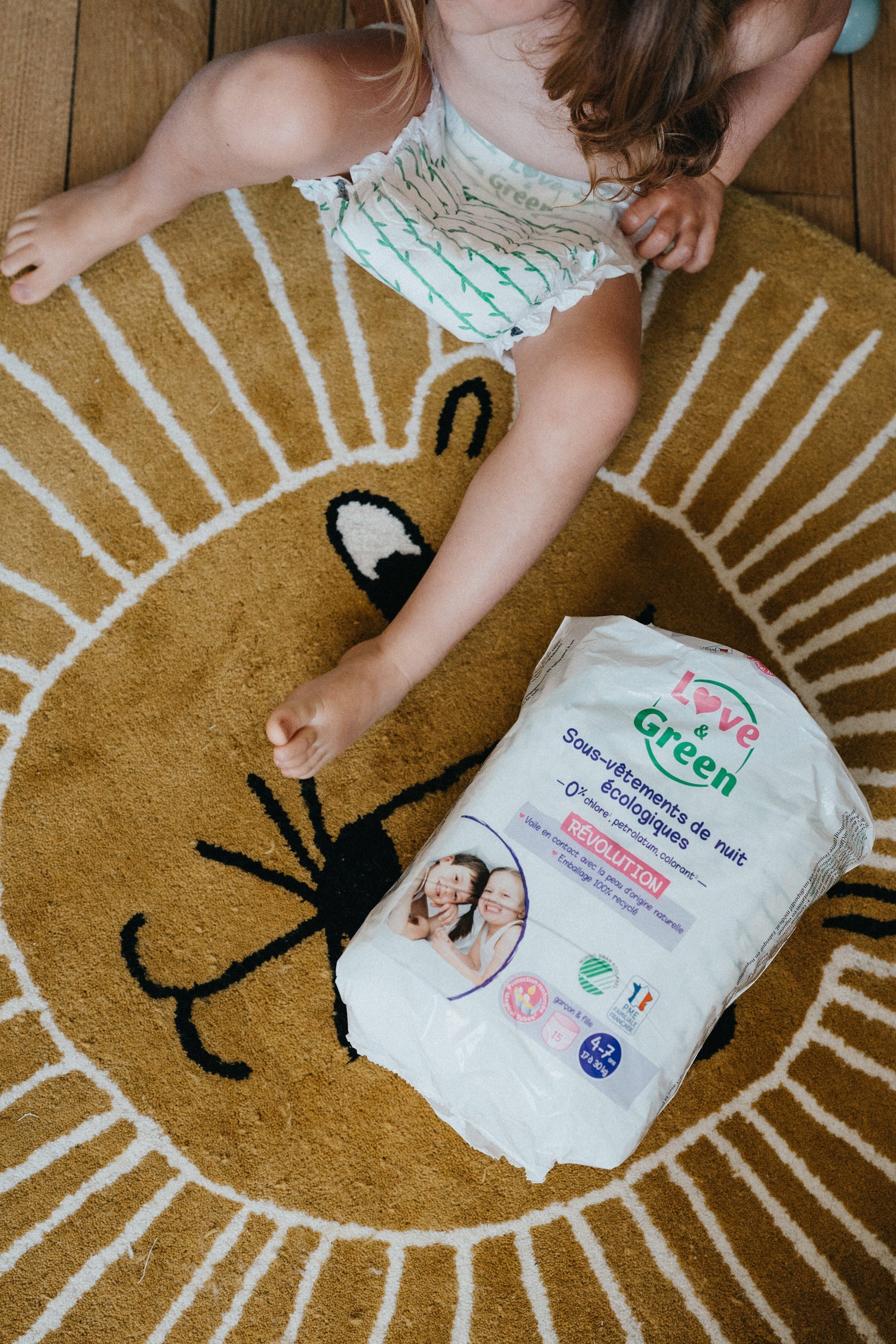Enuresy is a frequent, but often misunderstood disorder that affects many children around the world. It designates the inability to control its urine, often at night. Although this phenomenon can be stressful for the children concerned and their parents, there are suitable solutions to help overcome this problem.
What is enresis?
Enuresy is a medical term which designates the emission of involuntary urine beyond the age at which a child is supposed to have acquired control of his urinary functions, generally around the age of 5 years. It can be manifested during the day (diurnal enresis) or at night (night enresis), but night enresis is the most common form in children.
Nocturnal enresy concerns around 15 to 20 % of children aged 5, but this figure decreases with age. Around 10 years old, only 5 to 7 % of children are still affected by this disorder.
The causes of lists
The causes of enuresis are multiple and can vary from one child to another. It is important to distinguish primary enuresis, where the child has never been clean At night, and secondary enuresis, when the child had acquired cleanliness for at least 6 months and subsequently presented a loss of control of his urine. The following factors can be involved:
- Genetic factors : Enuresis can be hereditary. If one of the parents has been children children, it is more likely that the child also has this disorder.
- Delay in neurological development : The development of nervous circuits responsible for urination can be slower in some children, which explains the difficulty in controlling their bladder during the night.
- Excess of urine production at night : Some children make an excessive amount of urine for the total capacity of their bladder.
- Psychological and emotional disorders : Stress, anxiety, changes in the life of the child (such as a move or a divorce of parents) can trigger or worsen enresis.
- Sleep disturbances : Children who sleep deeply may not wake up when their bladder is full.
Symptoms of lists
The main symptom of lists is the child's inability to hold back during the night or sometimes even during the day. It may be one or more urinary accidents. Nocturnal enresis is generally more problematic, because it occurs during sleep and is more difficult to prevent. Enuresy can also be accompanied by symptoms such as pain or burns by urinating, which could indicate a urinary tract infection.
When to consult a doctor?
It is advisable to consult a doctor if enuresis persists after the age of 5, especially if it is accompanied by unusual signs such as pain, changes in urinary habits or secondary enuresis after a period of continence. A medical record is necessary to rule out any physical cause (urinary tract infection, diabetes, malformation) or psychic (Following an emotional shock, development delay).
How to treat enresis?
The treatment of enuresis depends on the underlying causes and may vary from one child to another. Here are some current approaches:
- Behavioral approach : One of the most effective strategies is to encourage the child to go to the toilet before bed. It can also be useful to limit the consumption of liquids before night. In addition, certain packaging methods such as the use of bed alarms can help the child wake up in the event of an accident.
- Drugs : If behavioral strategies are not enough, drugs can be prescribed, such as desmopressin, which helps reduce urine production at night. However, drugs should only be used in the last use and prescribed by a doctor.
- Stress management : If emotional factors contribute to enuresis, psychological support can be envisaged to help the child manage their stress.
- Family support : It is crucial that parents provide constant emotional support. Stigmatization or punishment for enuresis can worsen the situation and harm the child's self -confidence.
The importance of patience and support
It is important to recall that lists is a disorder that is not resolved overnight. Each child evolves at their own pace, and more often than not, enresy disappears spontaneously as the nervous system maturation. Parents must be patient and avoid making their child feel guilty. Support by a multi -professional team made up of doctor, psychologist, psychomotrician, if necessary, and a gentle and benevolent approach are the keys to managing enuresis.
In summary, although enresis is a frequent problem, it is not insurmountable. With appropriate care, many children overcome this disorder and find a normal daily life, without having to deal with urinary accidents.
Article co-written with Doctor Camille Farges, general practitioner.


















